Philadelphia, PA — May 1, 2025 — NephCure, a leading nonprofit organization dedicated to finding better treatments and a cure for rare, protein-spilling kidney diseases, is proud to announce the launch of its inaugural Advocacy Academy, a four-week program designed to build and strengthen the advocacy skills of rare kidney disease (RKD) patients, families, and allies.
Beginning today, Advocacy Academy participants will embark on a focused journey to become more effective champions for the RKD community. The course will offer targeted training on critical advocacy skills, including legislative engagement, storytelling for impact, and grassroots mobilization.
Graduates of the Advocacy Academy will be fully prepared to participate in Rare Kidneys on the Hill Day on July 23-24, 2025, where they will meet directly with elected officials to advocate for vital policies such as the New Era of Preventing End-Stage Kidney Disease Act (H.R. 1518) and other initiatives supporting RKD patients. Participants will also be empowered to lead advocacy efforts in their own state and local communities year-round.
“Our goal is to equip our advocates with the tools they need to create real change,” said Matthew Johnson, NephCure Director of Government Relations and Advocacy. “By investing in their development, we are strengthening the voice of the RKD community and ensuring policymakers hear directly from those most impacted.”
Throughout the course, participants will engage in interactive sessions, complete quick educational modules via NephCure’s Advocacy Accelerator platform, and work toward a final advocacy project to cap off their training.
NephCure’s Advocacy Academy efforts would not be possible without the generous support of its sponsors, Travere Therapeutics, Novartis, and Otsuka.
For more information about NephCure’s Advocacy Academy or to get involved in rare kidney disease advocacy, please click here or contact advocacy@nephcure.org.
About NephCure
NephCure’s mission is to empower people with rare, protein-spilling kidney disease to take charge of their health, while leading the revolution in research, new treatments, and care. Founded in 2000 by a group of committed patient parents, NephCure has invested more than $40 million in kidney disease research and helped create a landscape where there are now new treatments and more than 60 interventional drug trials for rare kidney diseases. NephCure is a U.S. tax exempt 501(c)(3) public charity.

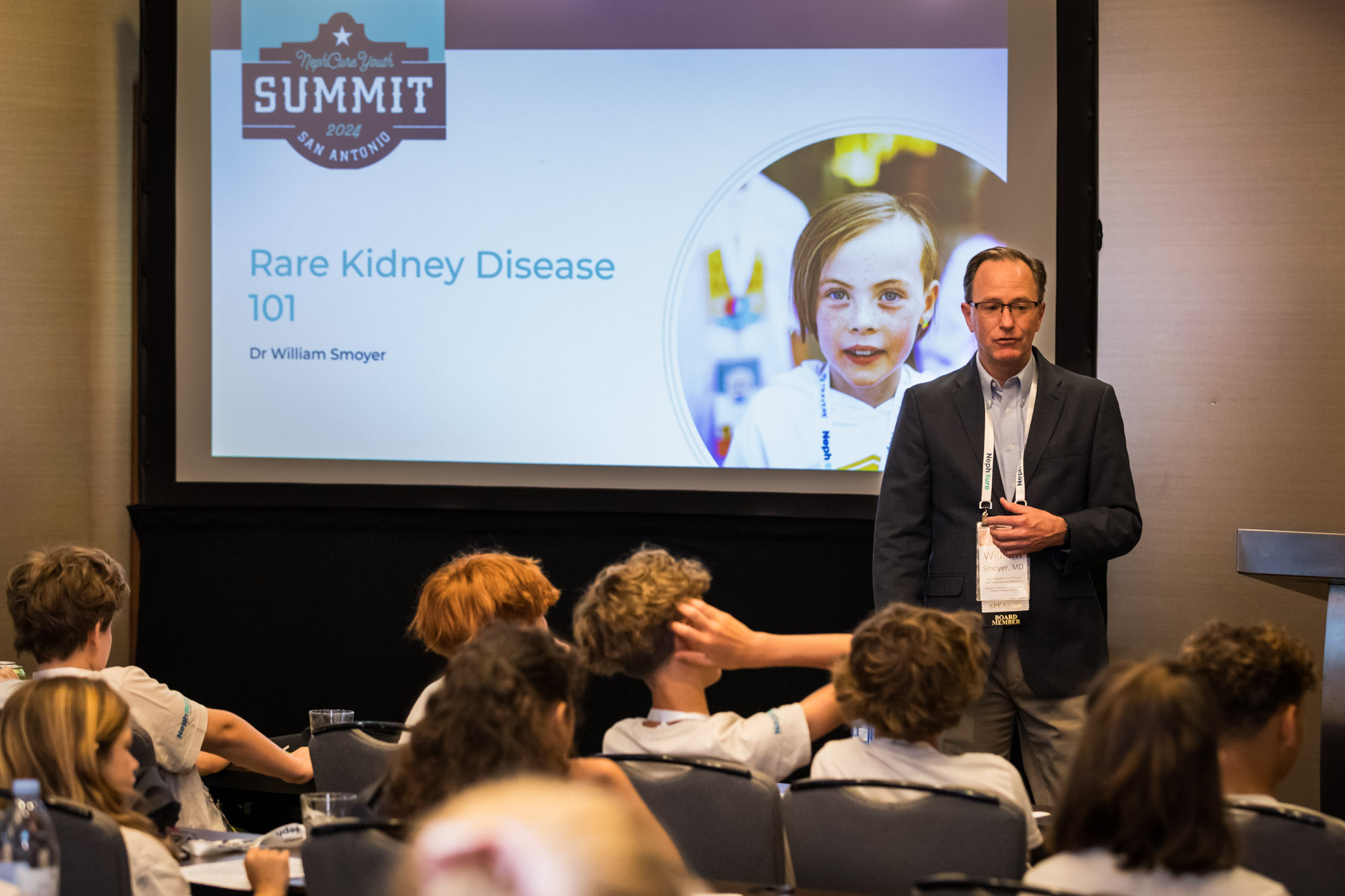
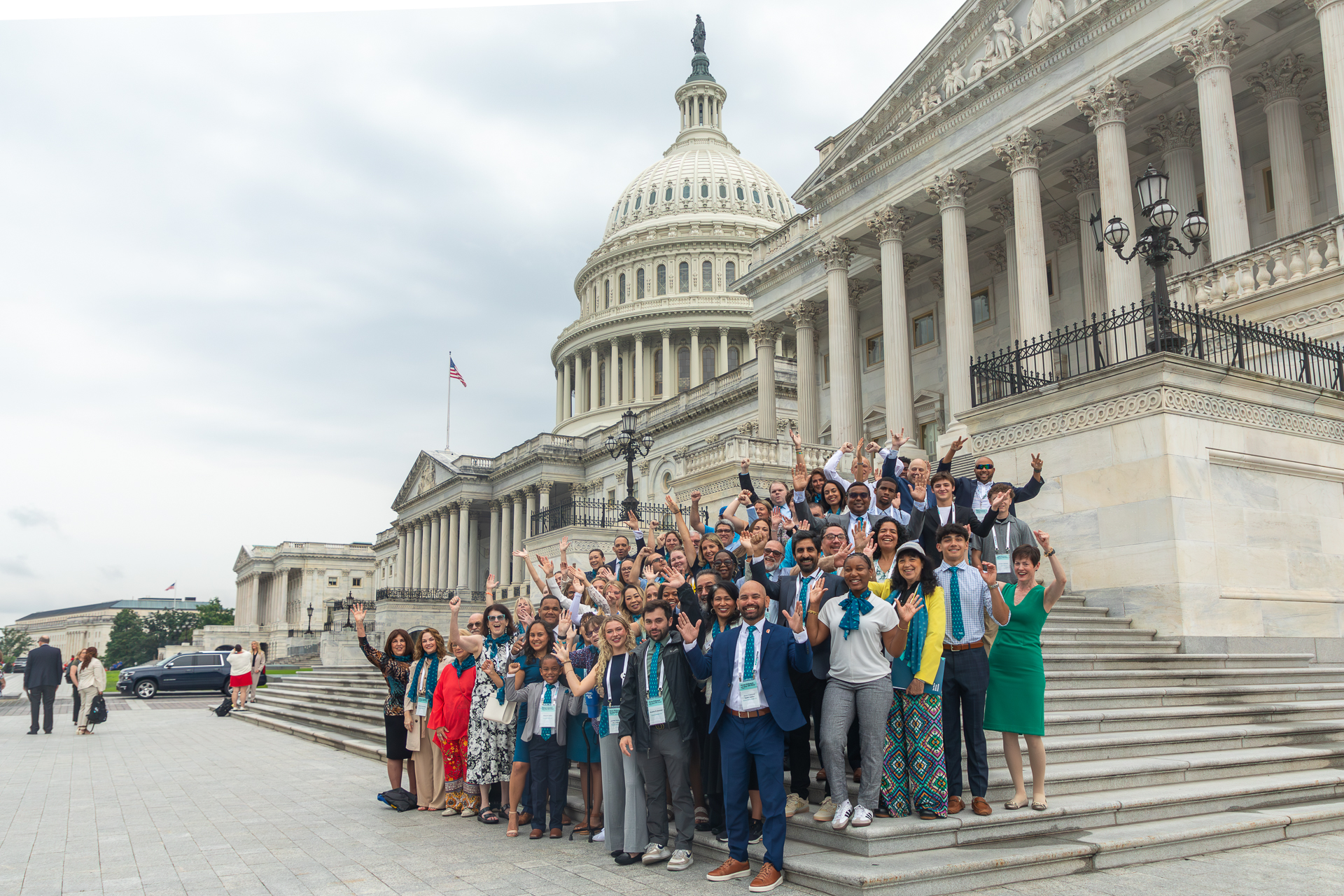
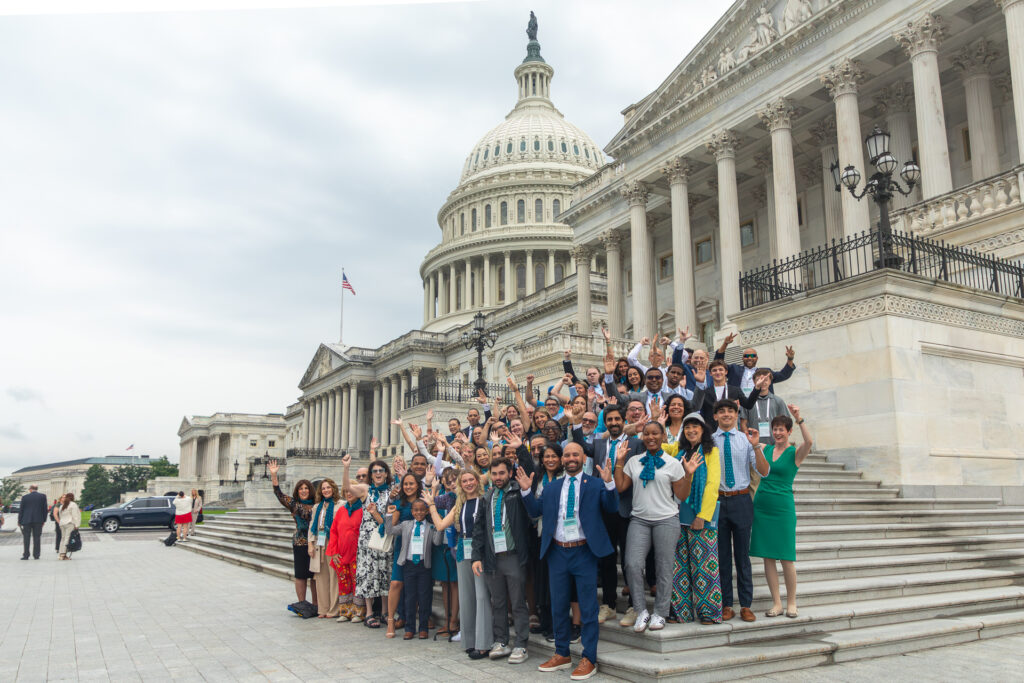
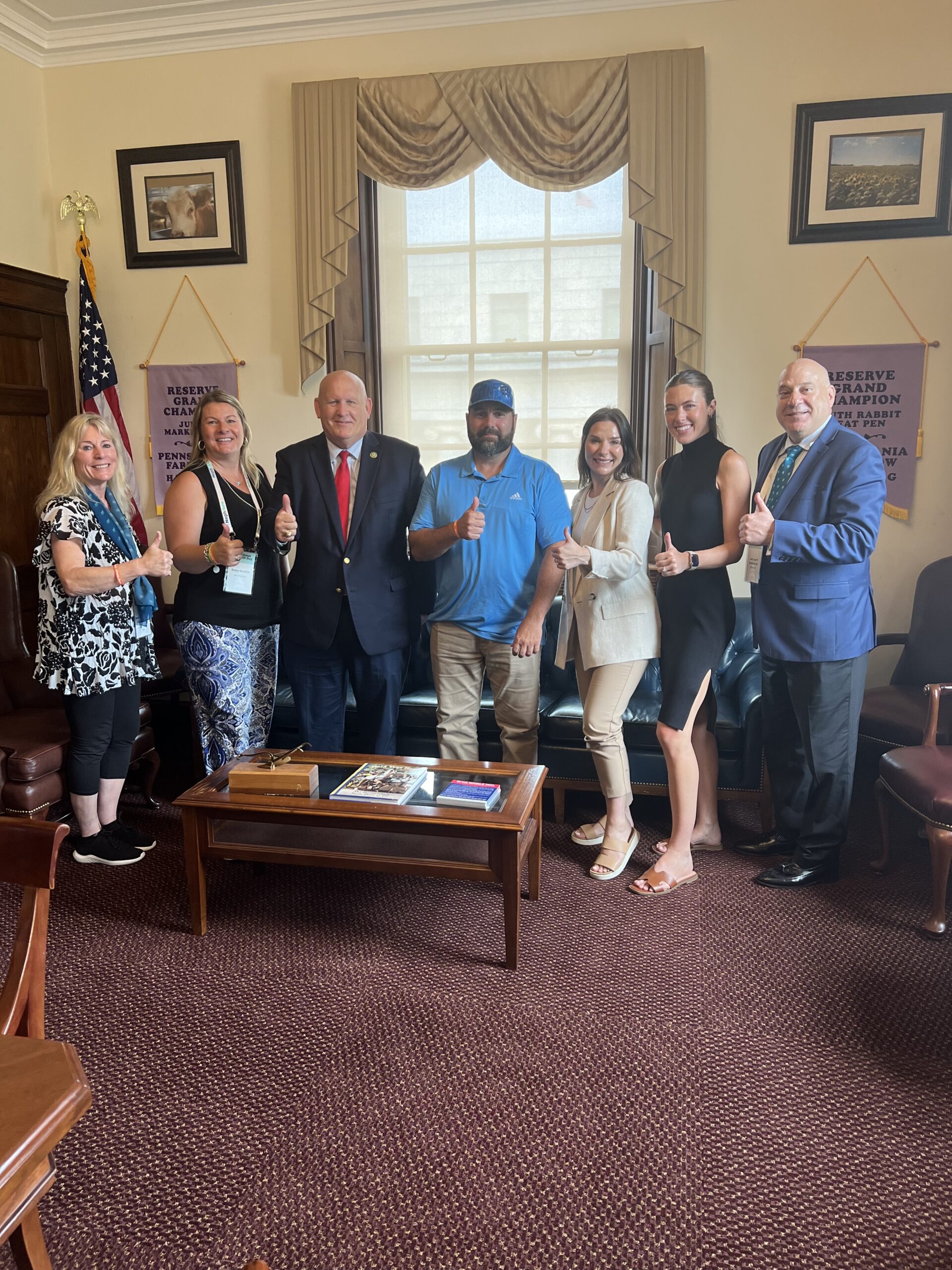

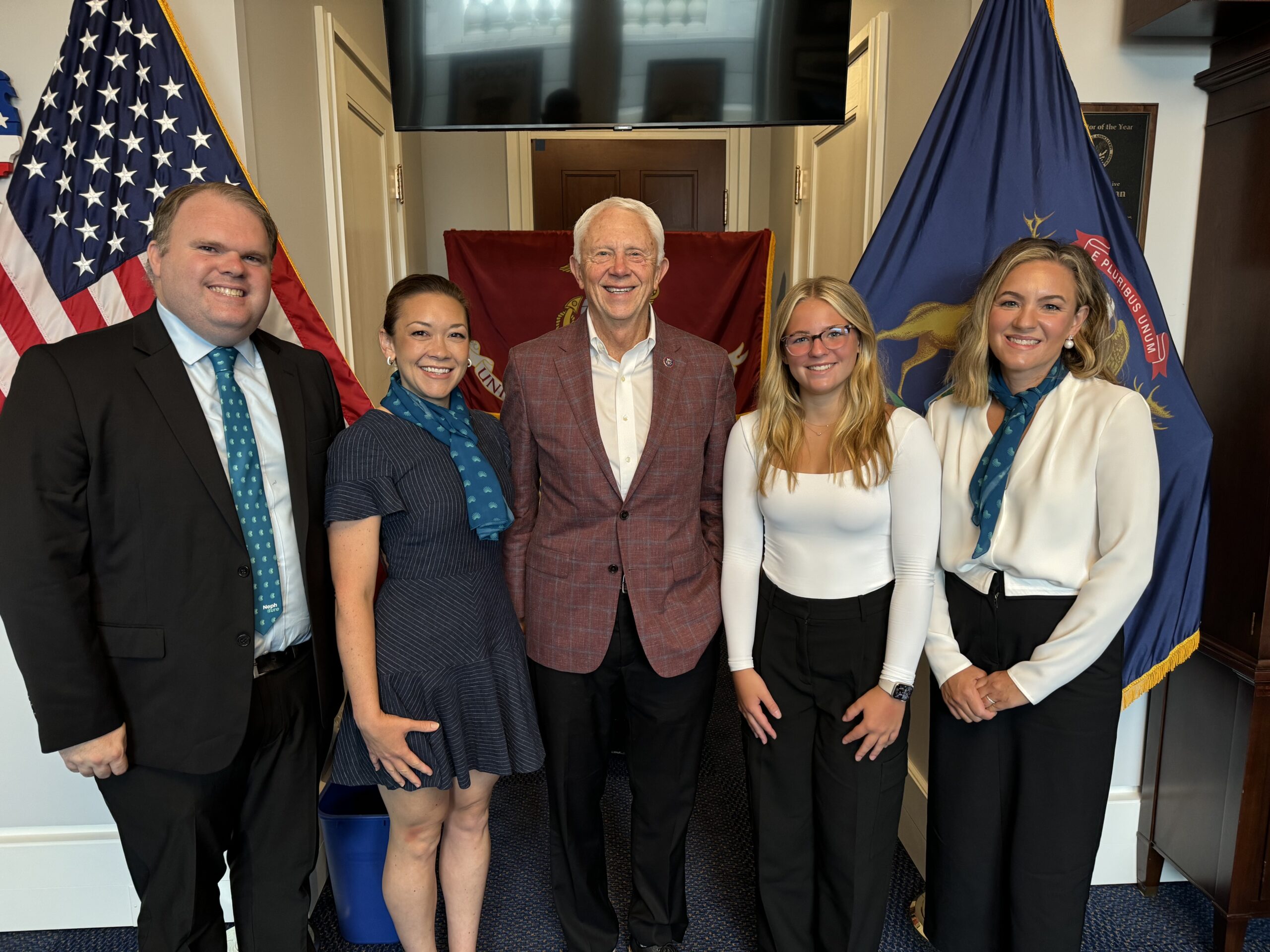





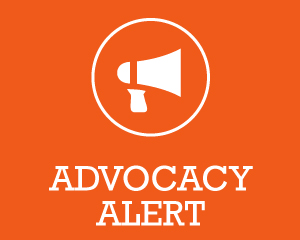 The leadership of the House of Representatives is continuing to work with conservative and moderate Republicans in an effort to repeal and replace the Affordable Care Act (ACA). Their proposal, the American Health Care Act (AHCA), was pulled from consideration a few weeks ago when it could not muster the votes to pass. However, House leaders continue to try and find common ground in order to modify the House leadership bill to make it passable.
The leadership of the House of Representatives is continuing to work with conservative and moderate Republicans in an effort to repeal and replace the Affordable Care Act (ACA). Their proposal, the American Health Care Act (AHCA), was pulled from consideration a few weeks ago when it could not muster the votes to pass. However, House leaders continue to try and find common ground in order to modify the House leadership bill to make it passable.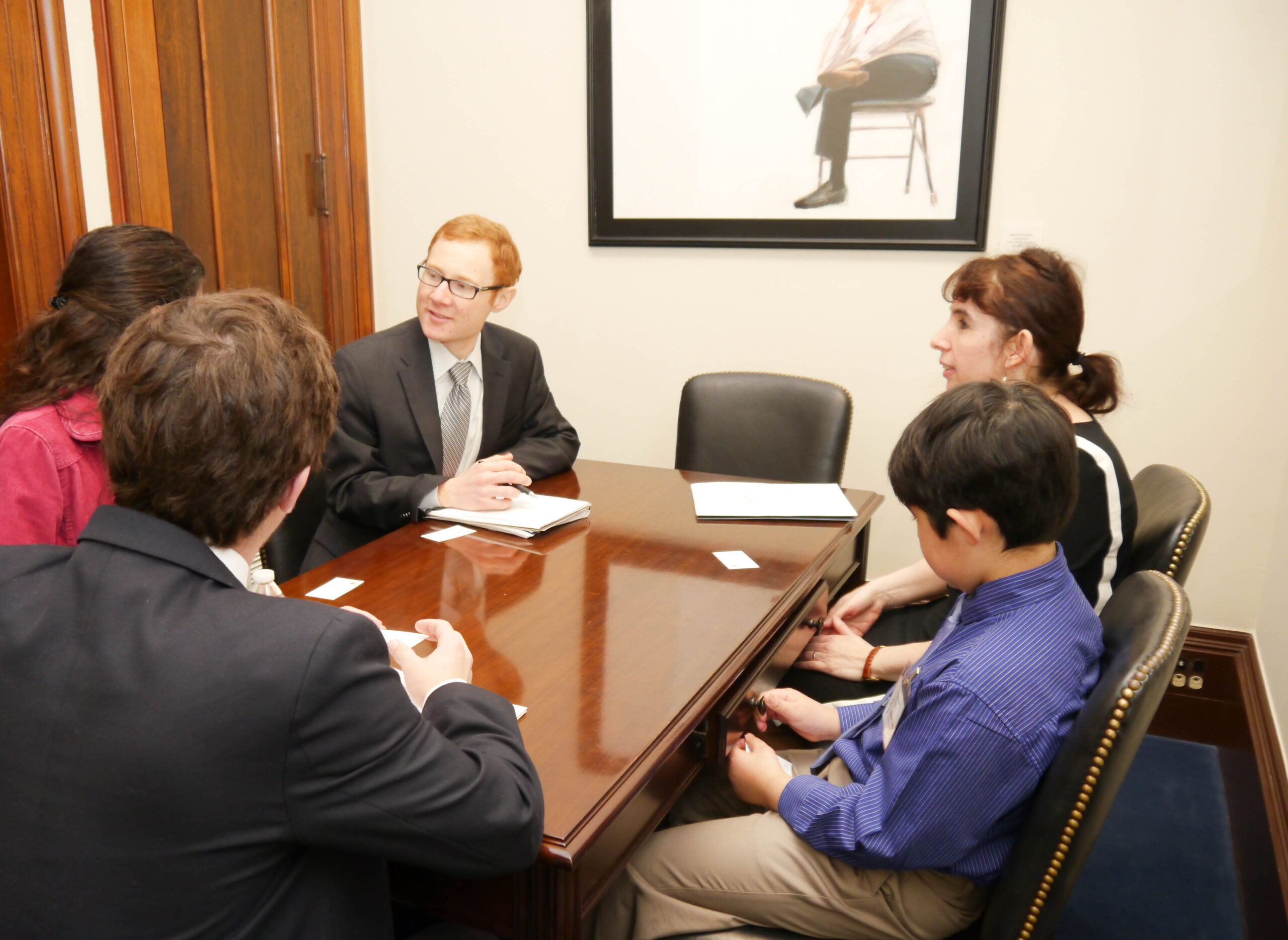 Elimination of the federal mandate that insurers offer a minimum level of benefits and allow states the flexibility to decide these benefits would likely mean that many states would have the incentive to not recommend comprehensive benefits to those with pre-existing health conditions. Insurers could also dramatically hike premiums for those with expensive chronic health care needs.
Elimination of the federal mandate that insurers offer a minimum level of benefits and allow states the flexibility to decide these benefits would likely mean that many states would have the incentive to not recommend comprehensive benefits to those with pre-existing health conditions. Insurers could also dramatically hike premiums for those with expensive chronic health care needs.
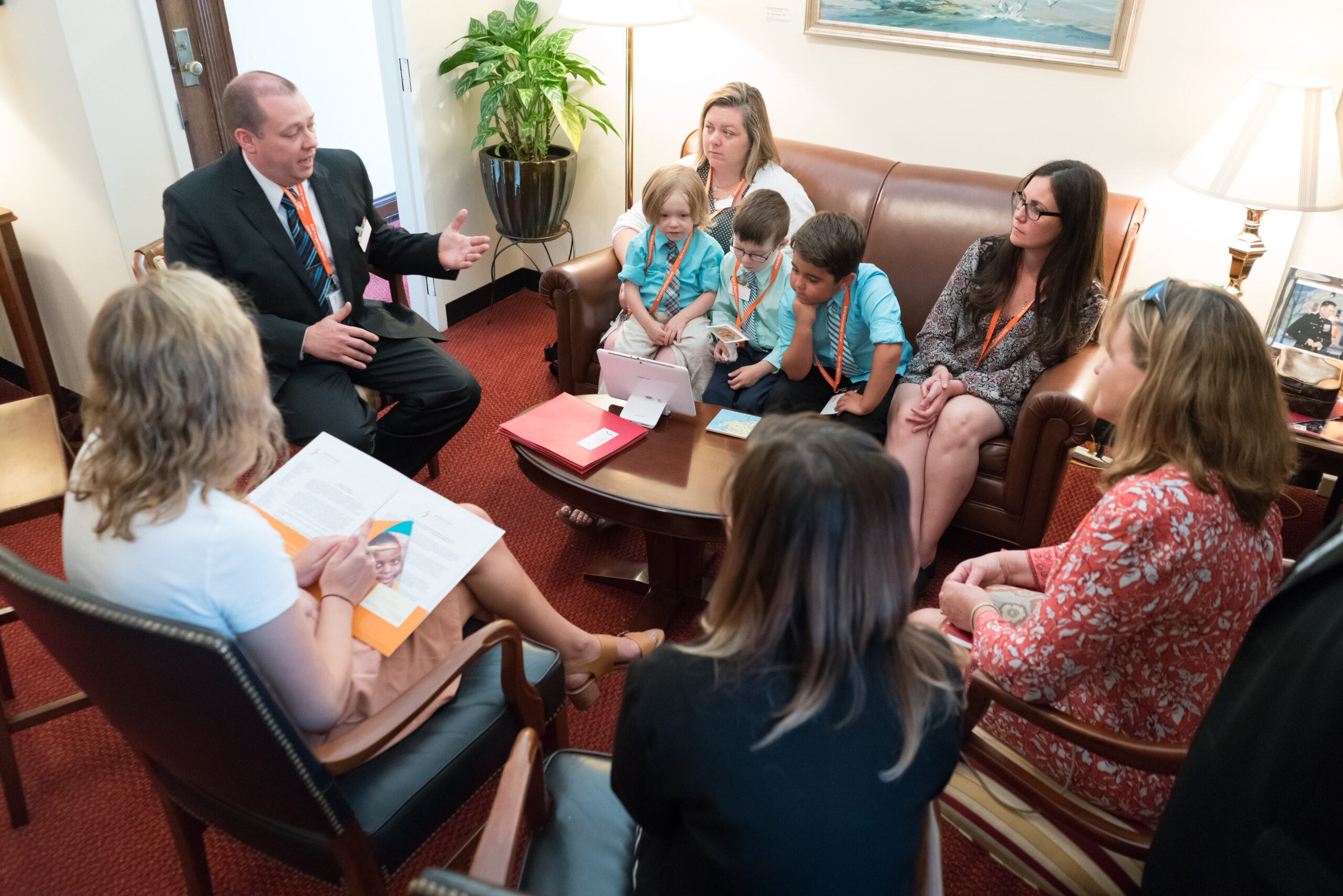
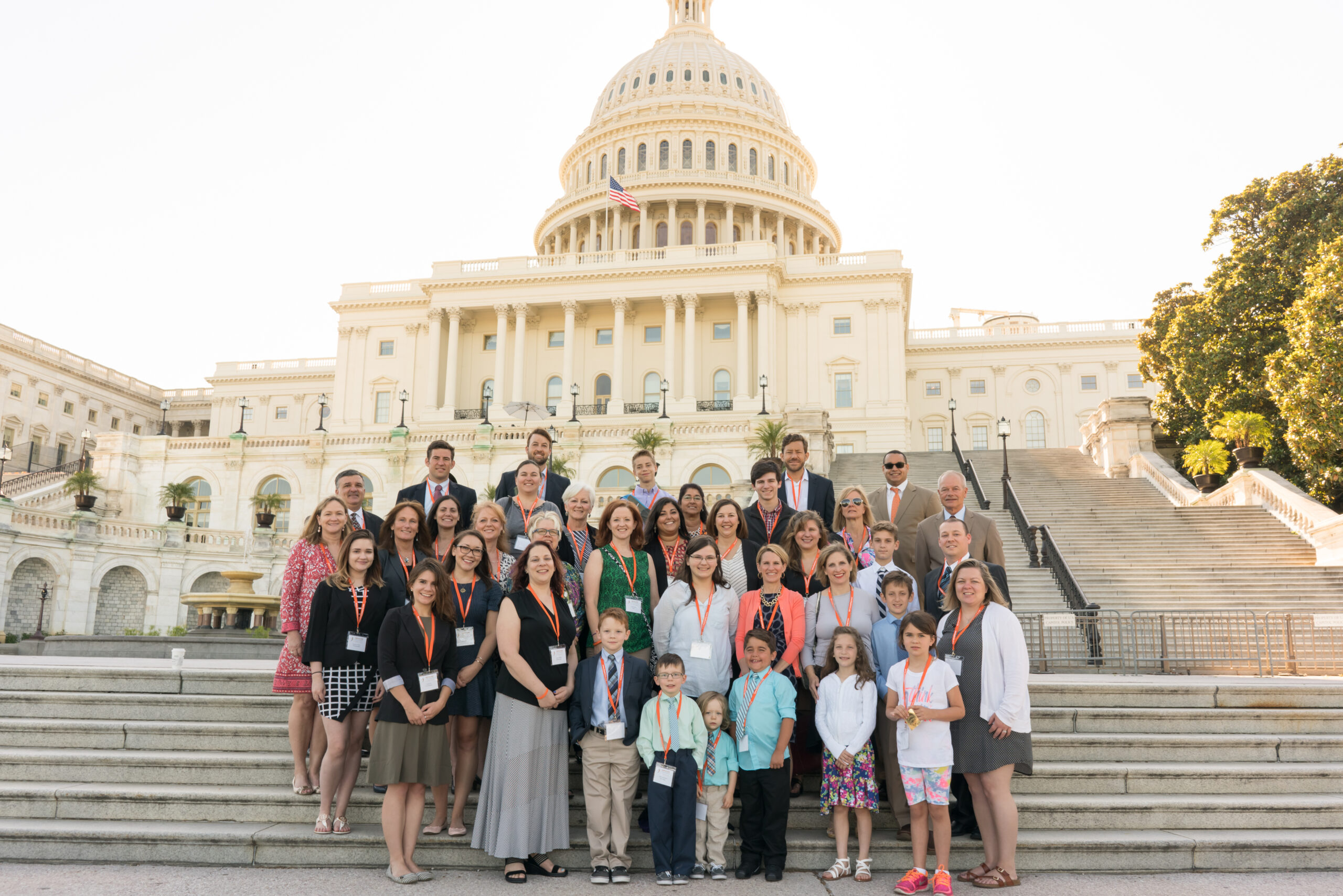
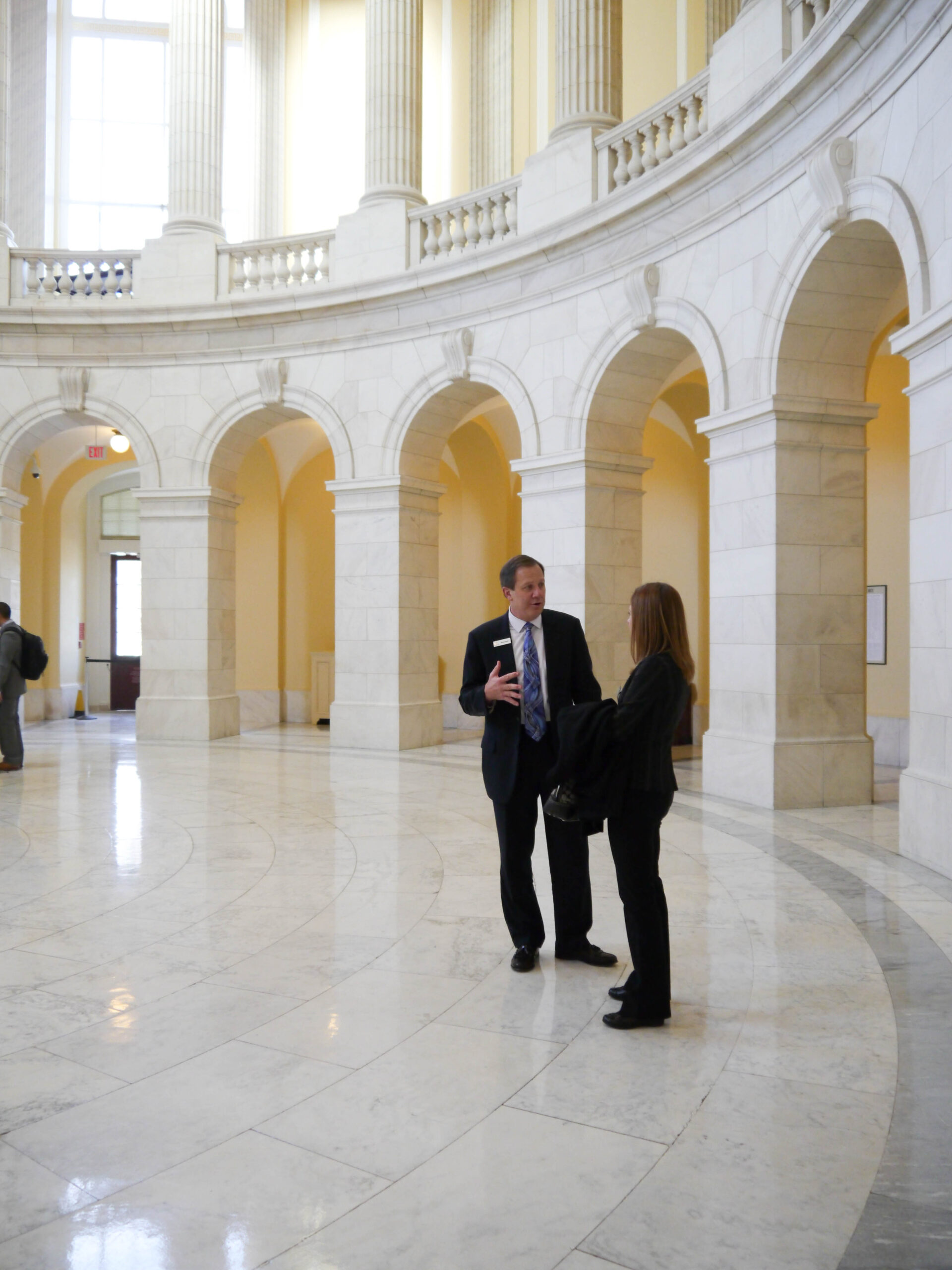

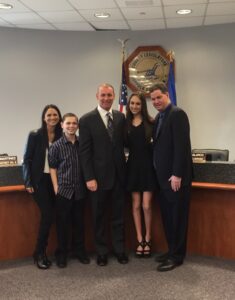

 Hi, my name is Amanda, I’m an attorney, live in Chicago, and I have FSGS. When I was 26 I began gaining weight unexpectedly and a kidney biopsy a couple weeks later confirmed the diagnosis. Immediately I began steroid treatments, and responded well; however when we attempted to wean off the steroids, the symptoms returned.
Hi, my name is Amanda, I’m an attorney, live in Chicago, and I have FSGS. When I was 26 I began gaining weight unexpectedly and a kidney biopsy a couple weeks later confirmed the diagnosis. Immediately I began steroid treatments, and responded well; however when we attempted to wean off the steroids, the symptoms returned.